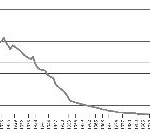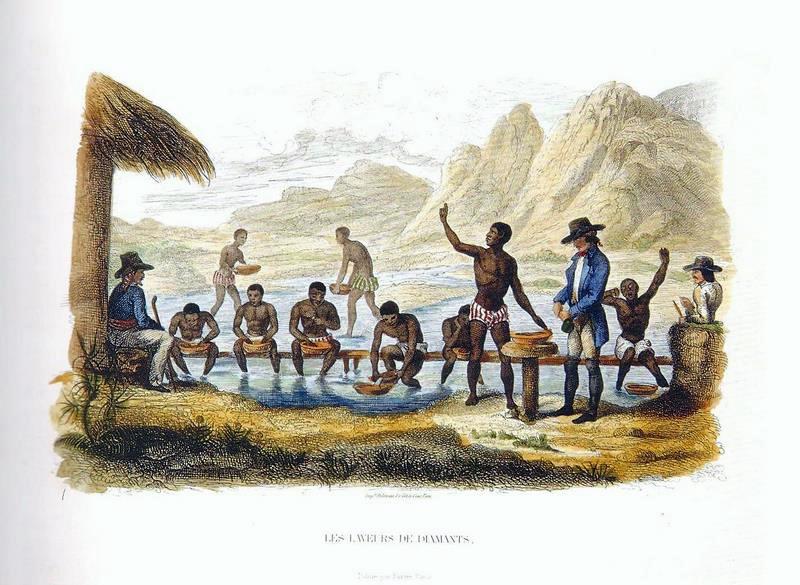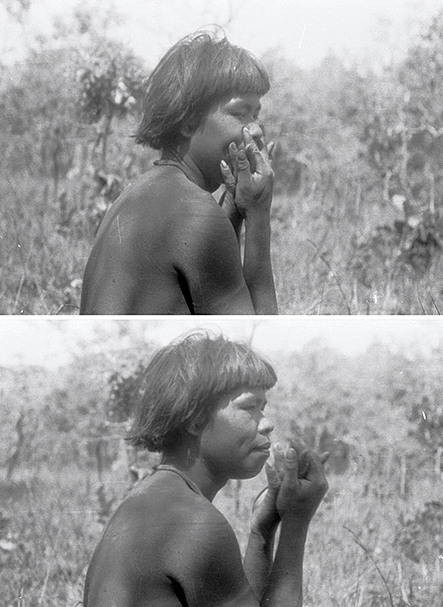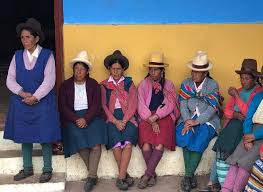The latest issues of Malaria Journal features an article by Bernard Brabin, researcher at the Liverpool School of Tropical Medicine and at the Global Child Health Group in Amsterdam, about the impact of Malaria on the allied and axis military of the Word War One. Malaria in the First World War was an unexpected adversary. In 1914, the scientific community had access to new knowledge on transmission of malaria parasites and their control, but the military were unprepared, and underestimated the nature, magnitude and dispersion of this enemy.
Brabin contextualizes the challenge posed by malaria, because although data exist across historical, medical and military documents, descriptions are fragmented, often addressing context specific issues. According to the article, at least 1.5 million soldiers were infected, with case fatality ranging from 0.2 -5.0%. As more countries became engaged in the War, the problem grew in size, leading to major epidemics in Macedonia, Palestine, Mesopotamia and Italy. Trans-continental passages of parasites and human reservoirs of infection created ideal circumstances for parasite evolution.
Read the full article:
Brabin, Bernard. “Malaria’s Contribution to World War One – the unexpected adversary“.
See more articles about Malaria in HCS-Manguinhos:
Gachelin, Gabriel and Opinel, Annick Malaria epidemics in Europe after the First World War: the early stages of an international approach to the control of the disease. Hist. cienc. saude-Manguinhos, June 2011, vol.18, no.2, p.431-470. ISSN 0104-5970
Estrada Orrego, Victoria and Márquez Valderrama, Jorge. Etiología parasitaria y obstáculos epistemológicos: el caso de la malaria en Colombia. Hist. cienc. saude-Manguinhos, Mar 2007, vol.14, no.1, p.91-118. ISSN 0104-5970
Mónica García, Claudia. Las ‘fiebres del Magdalena’:medicina y sociedad en la construcción de una noción médica colombiana, 1859-1886. Hist. cienc. saude-Manguinhos, Mar 2007, vol.14, no.1, p.63-89. ISSN 0104-5970
Nussenzweig, Ruth Sonntag. Breakthroughs towards a malaria vaccine. Hist. cienc. saude-Manguinhos, June 2011, vol.18, no.2, p.559-564. ISSN 0104-5970











